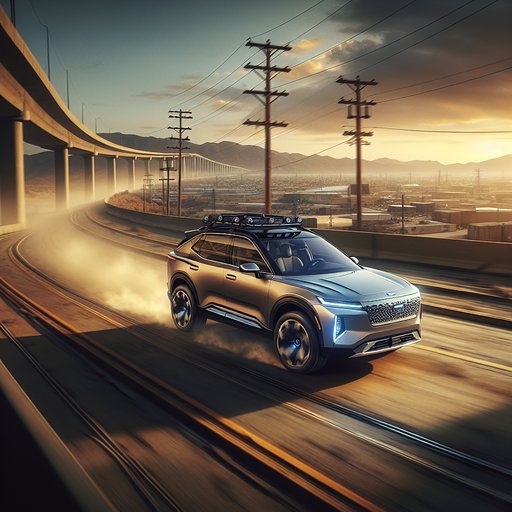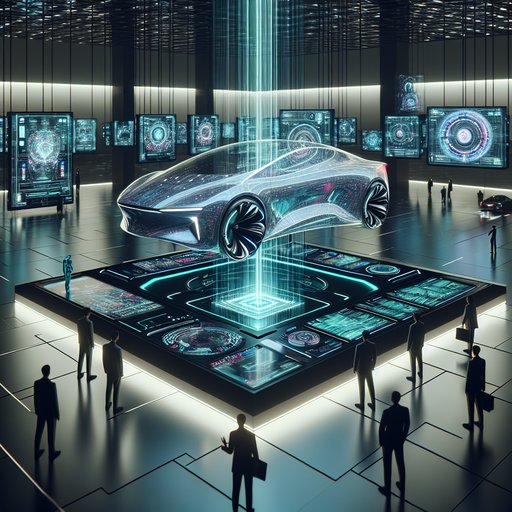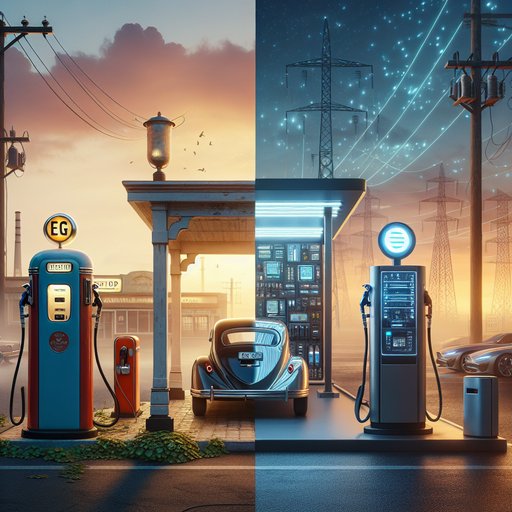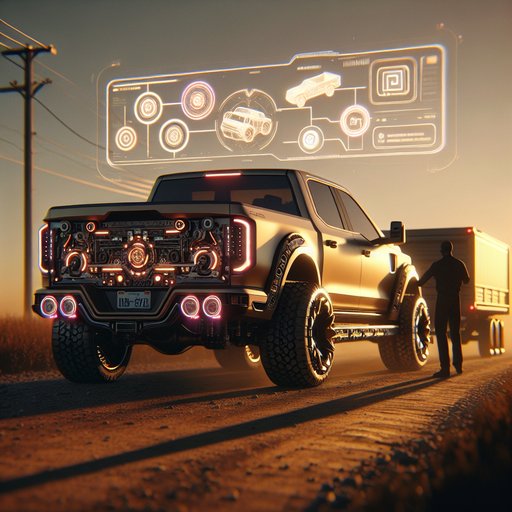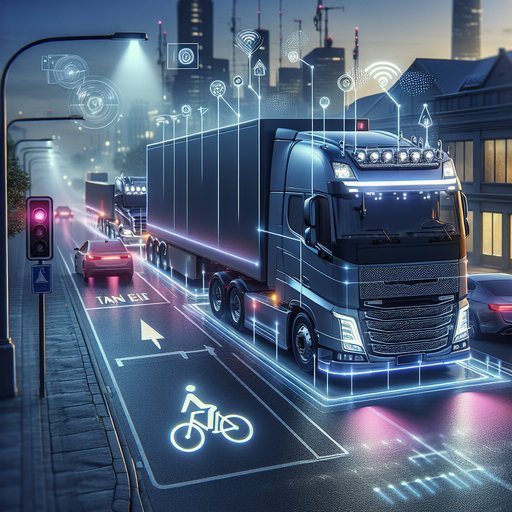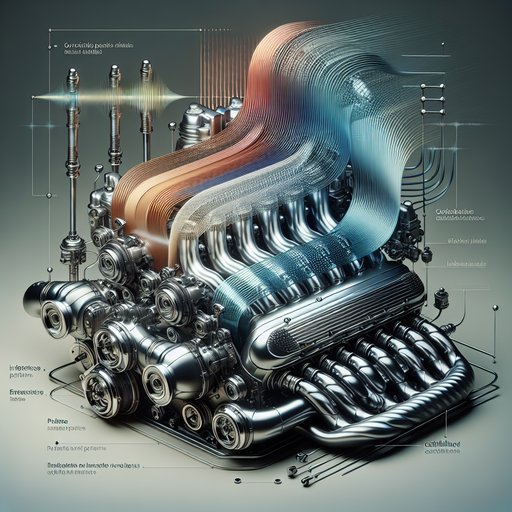
Chevrolet has made a bold move in the electric vehicle market with the introduction of the 2027 Bolt, positioning it as America's most affordable electric vehicle. The revived model combines updated technology with an attractive price point, directly challenging Tesla's market dominance in the entry-level EV segment [1].

In a historic shift for the legendary Italian automaker, Ferrari has revealed details of its groundbreaking all-electric platform that will underpin the company's first-ever EV, dubbed the Elettrica. The announcement marks a pivotal moment in Ferrari's history, though initial market reaction has been mixed, with some uncertainty reflected in the company's share price [1].

In a significant development for law enforcement vehicle programs, Queensland Police Service has identified serious concerns with their Toyota RAV4 Hybrid fleet following comprehensive driver training assessments. The findings highlight the complex challenges faced by police departments as they attempt to transition to more sustainable vehicle options while maintaining operational effectiveness.
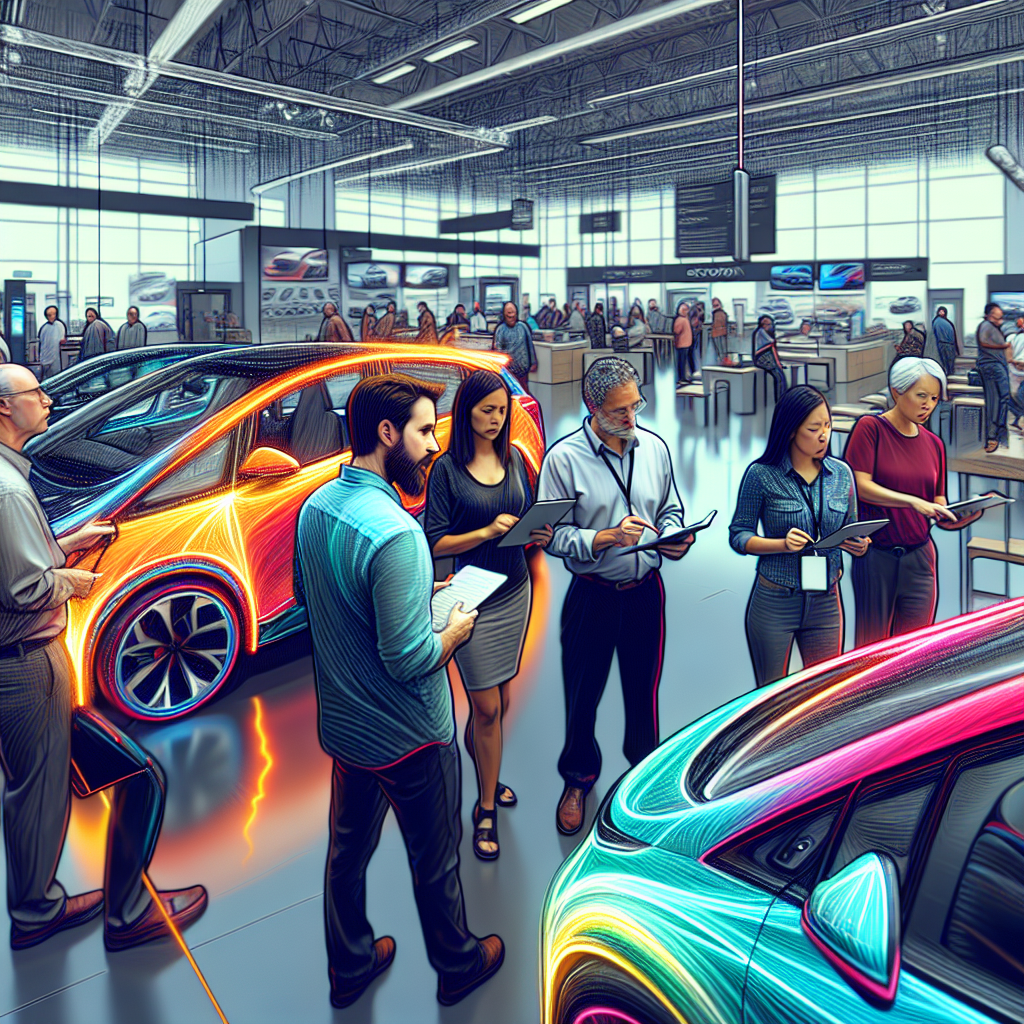
The global automotive landscape is experiencing significant transformations, with electric vehicles continuing their market penetration and traditional dynamics shifting across regions. Electric vehicle (BEV) registrations worldwide reached an impressive 18% market share in August 2025, demonstrating the accelerating transition to electric mobility [1]. This shift is particularly pronounced in markets like Sweden, where plug-in vehicles now command 68.4% of sales [2].

The automotive enthusiasm landscape is evolving beyond traditional car shows, embracing diverse forms of entertainment and community engagement. From prestigious concours events to innovative YouTube content and exclusive car storage solutions, the automotive culture continues to find new ways to celebrate the passion for vehicles while building stronger connections among enthusiasts.
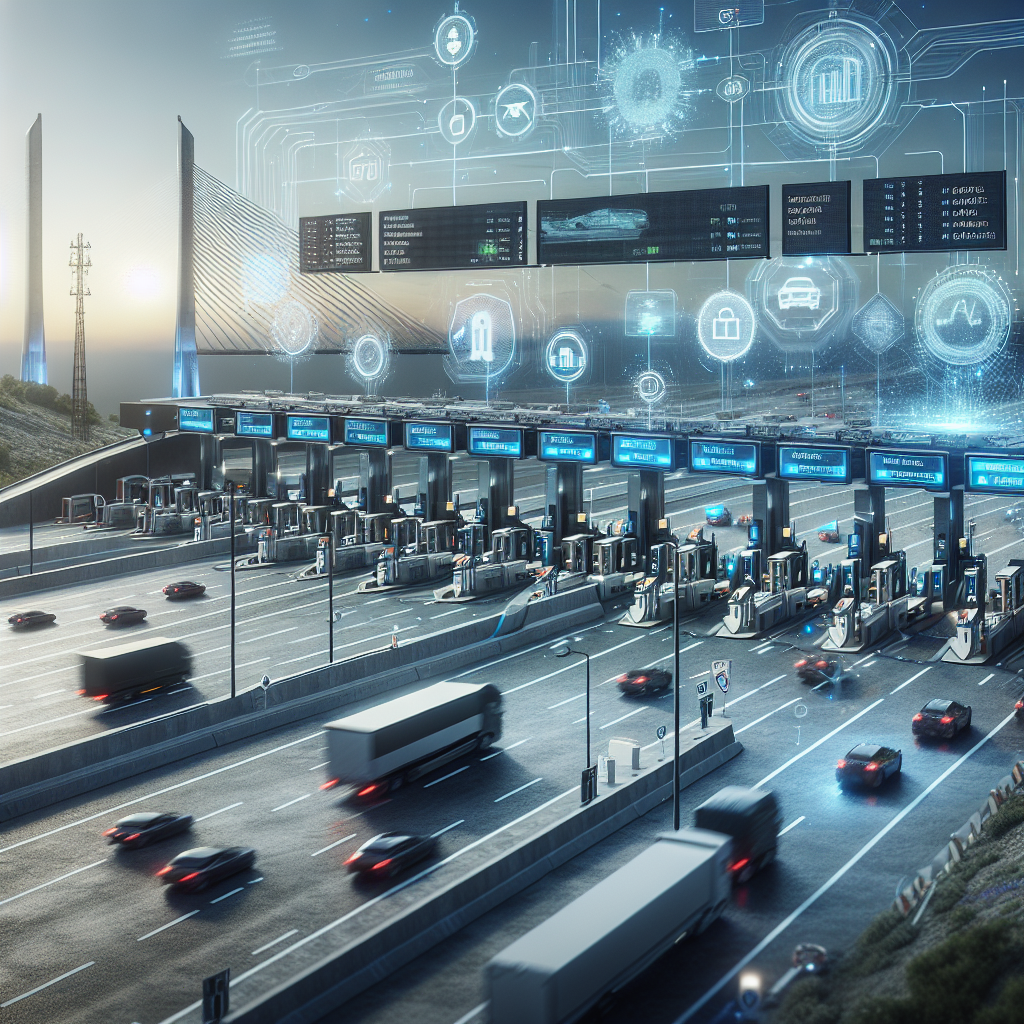
A wave of technological innovations and infrastructure improvements is transforming road safety and driver experience across multiple continents. From advanced road condition monitoring to expanded electric vehicle charging networks, these developments mark significant progress in making highways safer and more accessible for all users.
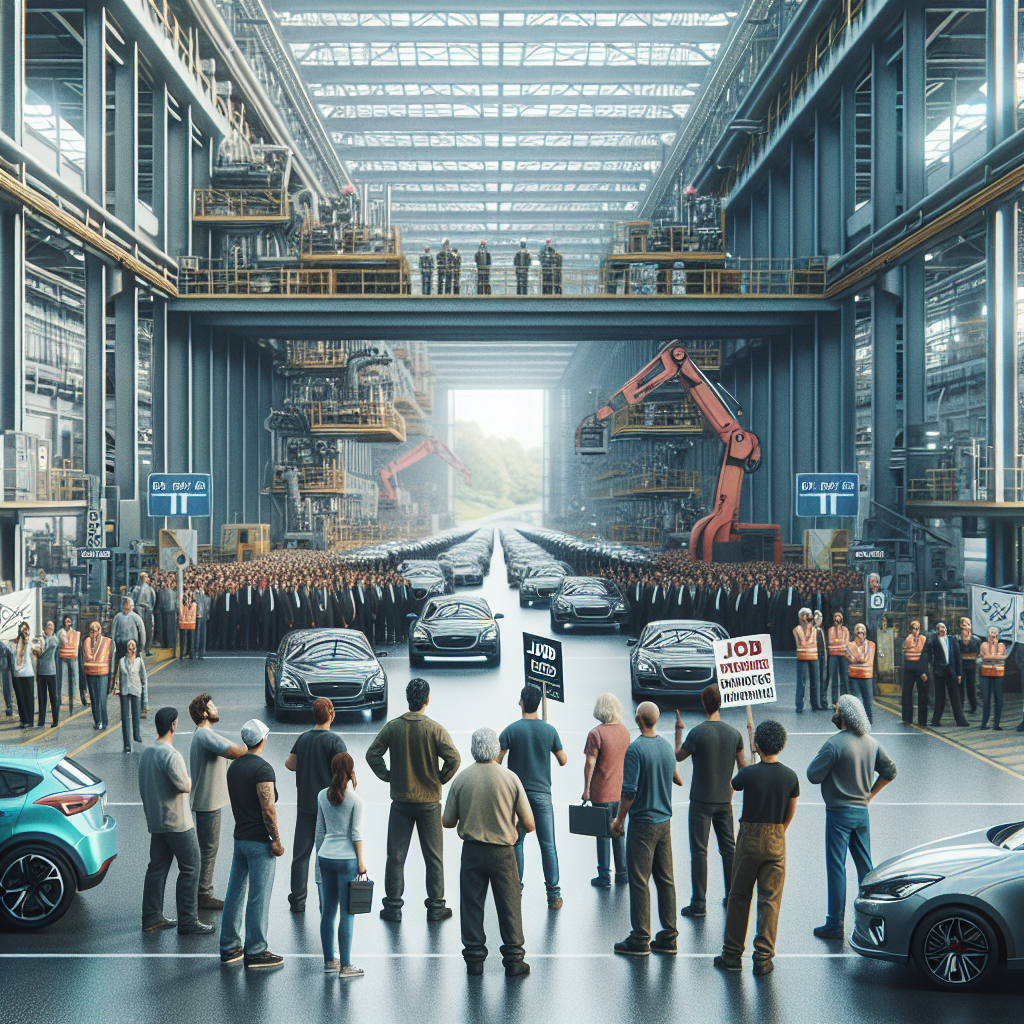
The automotive industry is experiencing significant workforce restructuring as major manufacturers adapt to changing market demands and technological transitions. Two major players - General Motors and parts supplier ZF Group - have recently announced substantial job cuts affecting thousands of workers, highlighting the ongoing transformation in the automotive sector.

In a significant shift in automotive retail strategy, major manufacturers and rental companies are making bold moves to transform how vehicles reach consumers. From innovative dealer incentive programs to expanded online sales channels, the industry is showing remarkable adaptability in response to changing market conditions and policy changes.
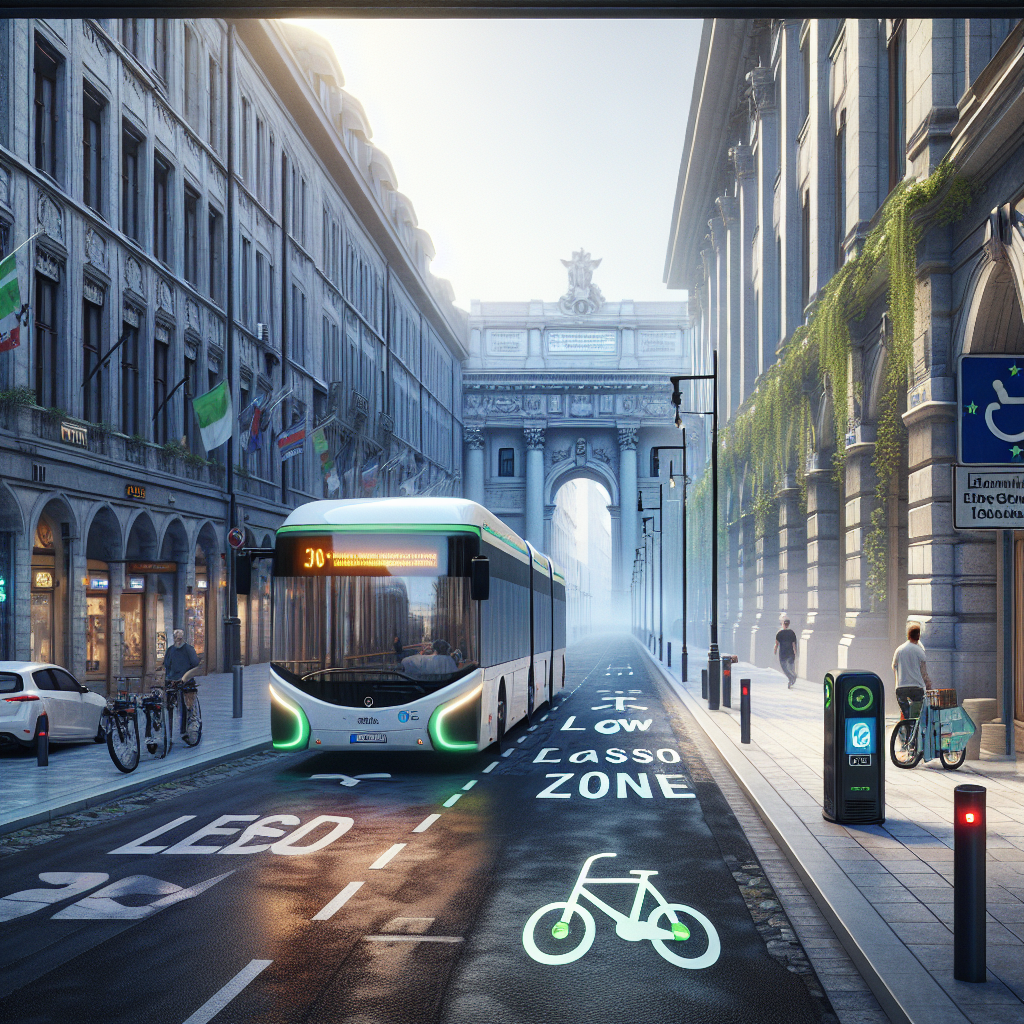
The European public transportation landscape is undergoing a significant transformation as major manufacturers vie to lead the electric bus revolution. This shift comes as cities across the continent intensify their efforts to reduce emissions and create more sustainable urban mobility solutions, with multiple manufacturers showcasing their latest innovations at Busworld 2025.

The automotive industry is grappling with several simultaneous disruptions to its supply chain, from cybersecurity incidents to supplier bankruptcies, while stakeholders work to maintain production and plan for a more sustainable future. These challenges are testing the resilience of global automotive manufacturing networks and prompting calls for modernization of supply chain infrastructure.

